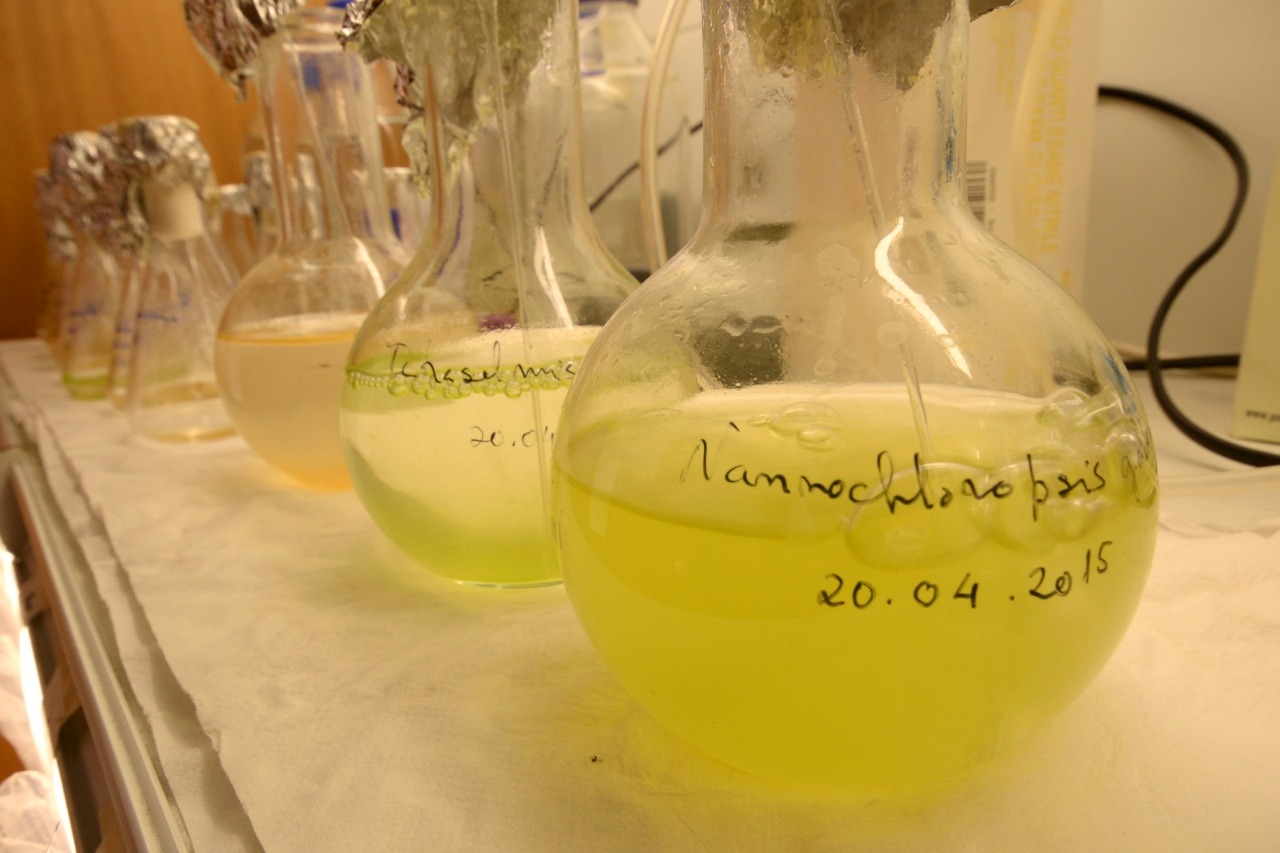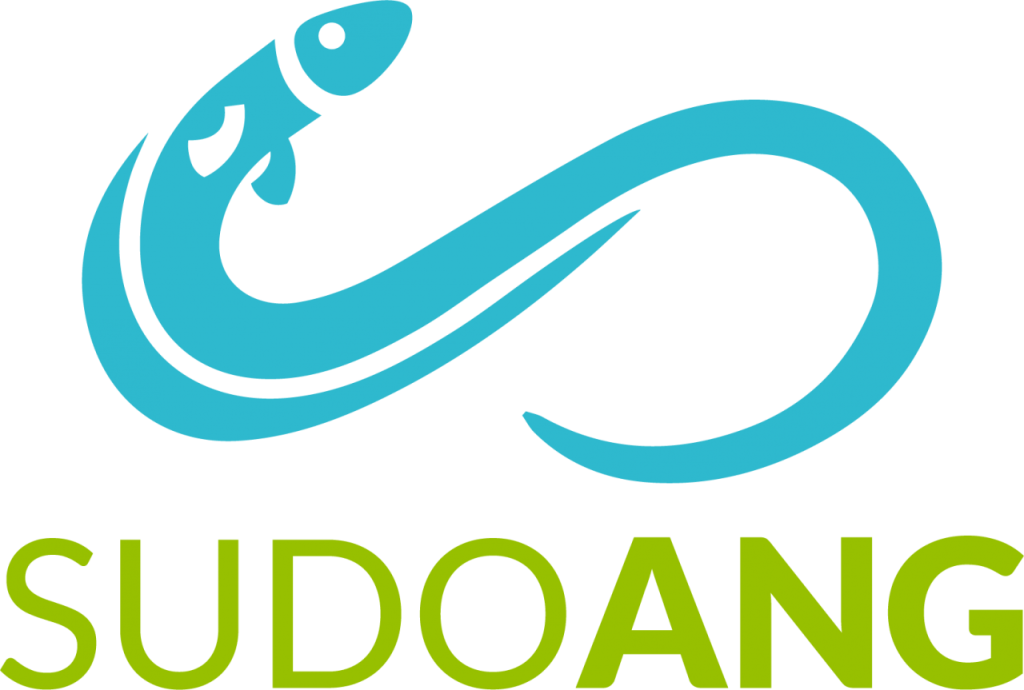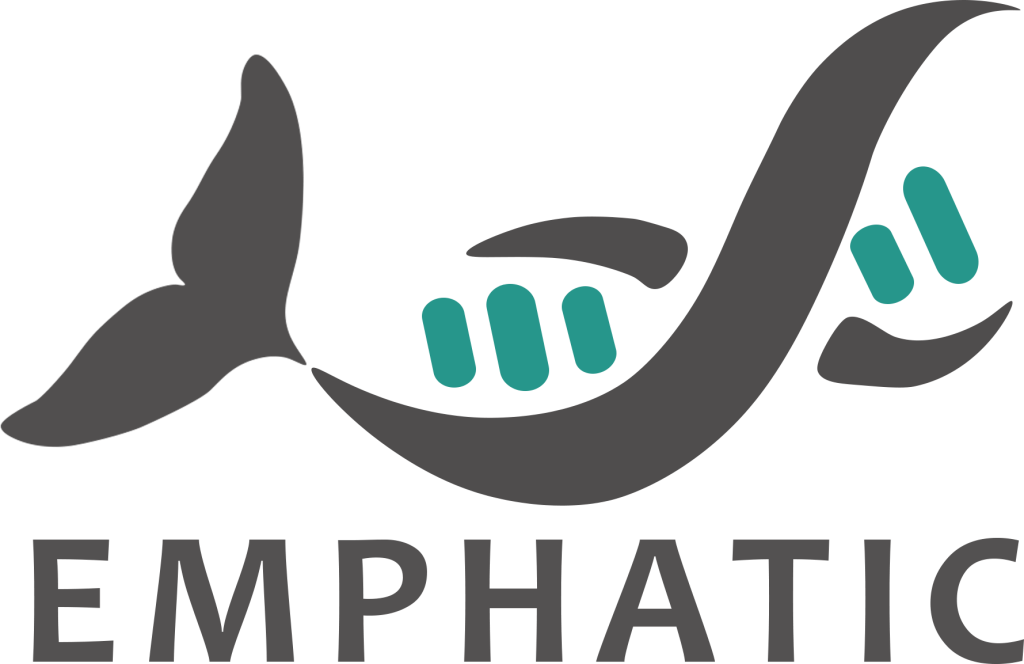

Researcher
Ana Couto is an Assistant Researcher at the Fish Nutrition and Welfare research group from CIIMAR. She obtained her degree in Biology from Aveiro University (2004) and her PhD in Biology from Porto University (2014). Ana’s research focus on aquaculture fish nutrition, particularly on the effects of dietary formulations in fish intestinal morphology, digestive physiology, and health. Her research aims at developing sustainable, health-promoting feeds for cultured fish and diagnosis tools for nutritional pathologies and health monitoring. Ana is author of 50+ scientific papers published in international peer-reviewed journals.










